I still remember my first day at preschool – a quiet, thoughtful girl thrust into a world of screaming toddlers, kids running around wildly and an older boy who stole my bag. I never went back.
Walking into The Child’s Workshop, a Montessori kindergarten run by Linda Vrakas, I expected something similar. Children running around, a lot of noise and even more mess. It’s a common misconception, she confirms. “Many people think Montessori is just letting children do whatever they want, but it’s actually structured freedom,” she says. “We allow them to explore, but within carefully prepared environments that encourage learning and independence.” And within an hour, Linda has me thoroughly convinced: Montessori isn’t just an idea, it’s a method that works.
When people hear ‘child-led learning’ or ‘learning through play’, it understandably conjures up images of children running wild, heedless of their teachers or the lessons they should be learning. The reality couldn’t be farther from the truth. As Linda leads me through the kindergarten, I see no chaos, no running, no disorder – just polite, engaged children, happy and content in the warm, homely environment that is a hallmark of the Montessori method.
Starting with just seven children in 2019, Linda built The Child’s Workshop into what it is today: a widely recognised, successful model of the modern Montessori method. She and her team count each of the 59 current students as their own, showcasing the passion that is essential in early years education. Linda says that having a heart for children, and a real love for them, is “the most important thing”.
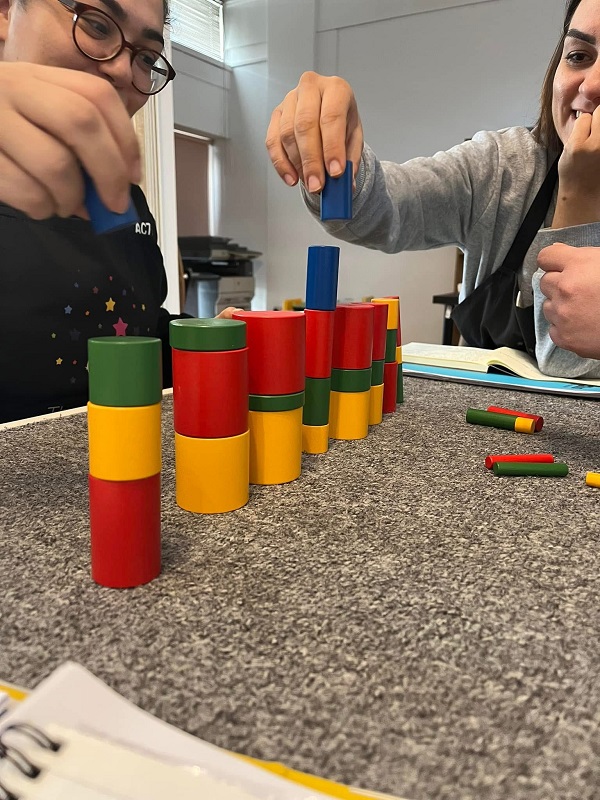
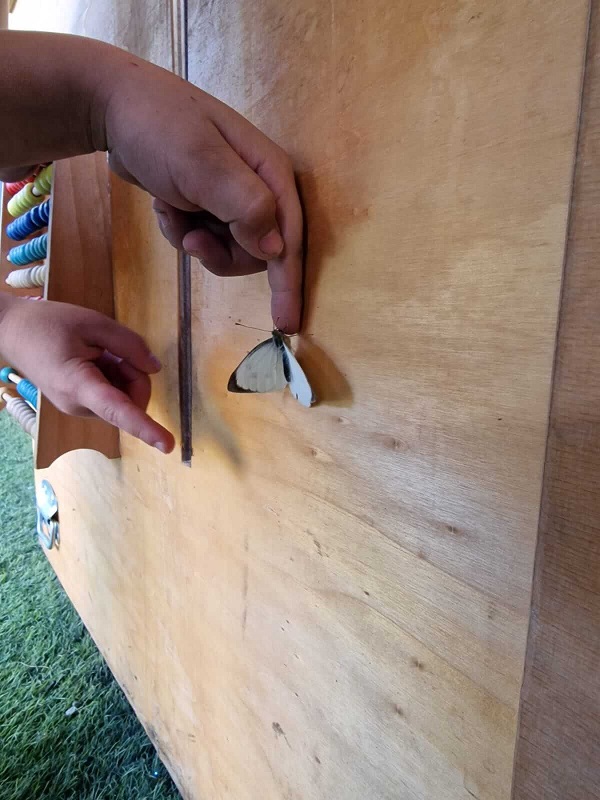
It’s no wonder, then, that as a passionate advocate for the modern Montessori method, Linda has taken it upon herself to spread its philosophy. “Maria Montessori never trademarked her method, so there are places that use the name but don’t actually follow the philosophy,” she says. That’s why the Montessori Training Centre (MTC)’s HRDA-accredited seminars, held in conjunction with Modern Montessori International (MMI) London, are so important. They ensure parents and educators alike understand what Montessori really is. Linda stresses that Montessori is not the materials, but rather the philosophy behind them. Even more than that, for her, it’s “a way of life”.
MTC’s two-day seminars give participants a chance to get to grips with the reality of Montessori education. They start with a brief overview of its origins, before guiding participants through its philosophy and core principles in a practical environment. Along with setting up a well-structured Montessori learning environment, MTC provides hands-on experience with Montessori materials. Two manuals are also provided, one about the Montessori philosophy, and another full of materials. Participants compare the Montessori method with traditional education, learn observation techniques to understand children’s interactions, and examine how children develop motor, social and emotional skills.
By the end of the seminar, attendees leave armed with everything they need to apply Montessori methods in their own lives, whether they are teachers looking to improve the classroom experience or parents supporting their children at home. “Even grandparents can benefit,”Linda enthuses, smiling as she says that many of the children at the kindergarten call her their grandmother.
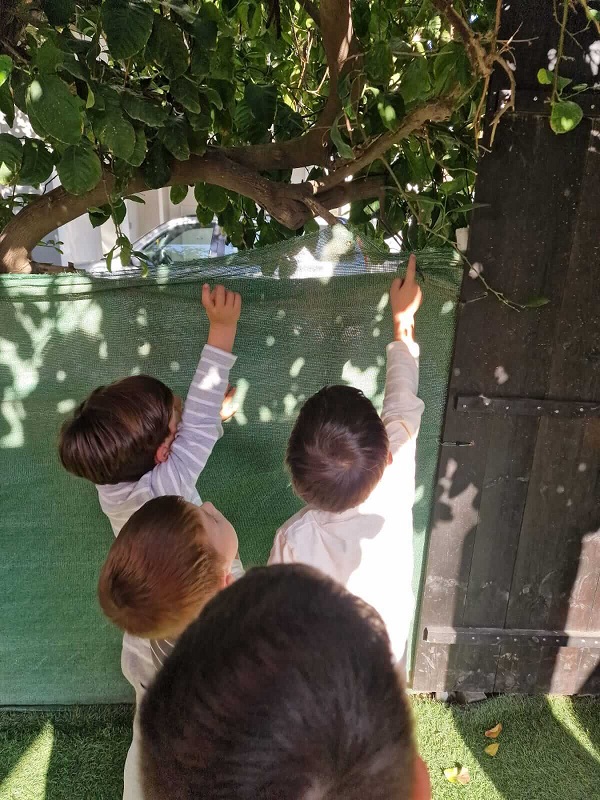
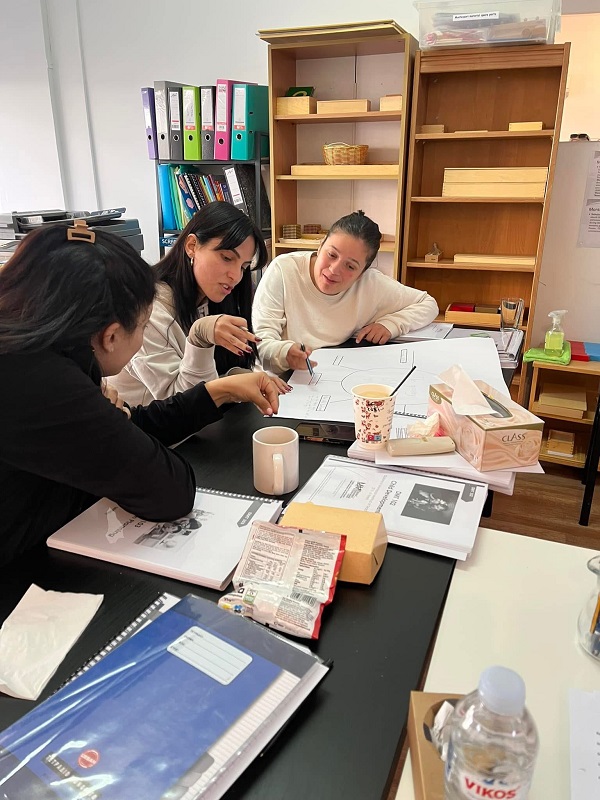
The Montessori method isn’t just for mainstream education though, Linda says Maria Montessori first developed it for children with learning difficulties. Today, through a collaborationa with Charisma Special Educational Needs, MTC also provides specialised, hands-on learning programmes for children with autism, ADHD and other learning differences. Special education teachers and speech therapists offer individualised interventions, after-school support and structured learning techniques, such as ABA Therapy, PECS Communication, and sensory integration activities.
While schools should be accessible for everyone, the traditional educational system is not always equipped for this mission. That’s part of what makes the Montessori method so unique – it recognises that children learn in a wide variety of ways, and accommodates each one. In practice, MTC’s various students have gone on to thrive in traditional classrooms when they enter primary school, proving the efficacy of letting children learn at their own pace, in their own way. Looking ahead, the MTC plans to expand Montessori-based special education training, ensuring that educators, parents and professionals are equipped with the skills to create inclusive, effective learning environments for all children.
Linda is passionate about setting children up for success. MTC also offers a two-year diploma in Montessori education, a strategy that has enabled her to employ the best possible people. She speaks of a young woman who, in her words, was “born to be a teacher”. She graduated from the diploma course and now works in the kindergarten, investing in the future of the children in her care.
MTC’s plans for the future are ambitious and inspiring. MTC aims to have the diploma course accredited by the Cyprus authority for the recognition of higher education KYSATS, equipping more aspiring educators to enter early years education. She also hopes her seminars will soon provide CPD points, encouraging “teachers, speech therapists, psychologists”, and other professionals to incorporate Montessori principles into their work.
With funding from the human resources development authority (AnAD) now available, seminars are already scheduled for March and May, and Vrakas hopes to inspire more people to embrace the modern Montessori method. One thing is for sure: with educators as passionate as Linda and her team shaping the next generation, the future is bright.
Montessori Training Centre & Child’s Workshop Kindergarten
2 Gregori Afxentiou, 2407 Engomi, Nicosia
[email protected] | https://www.mtccy.com/
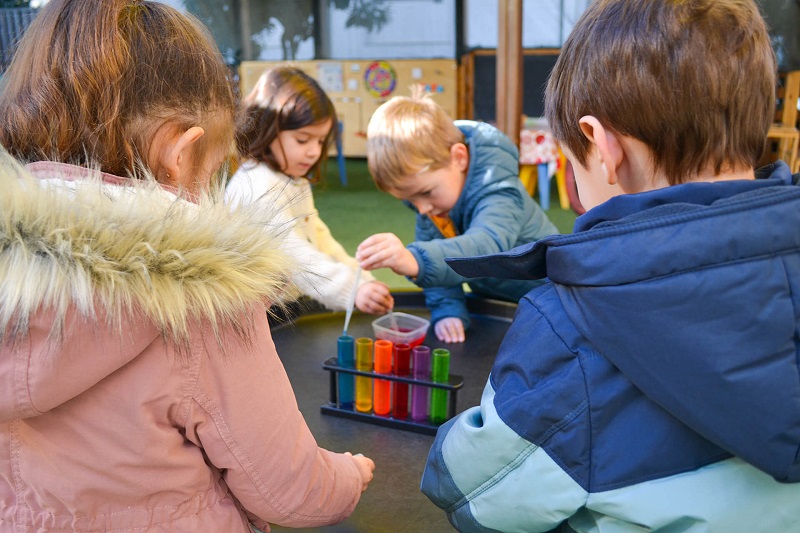





Click here to change your cookie preferences